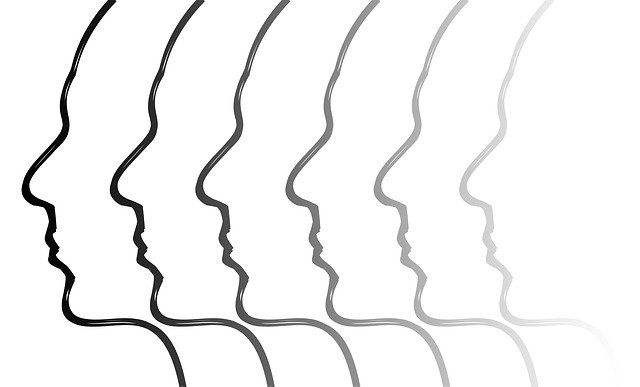This Multiple Personality Disorder test utilizes the Dissociative Experiences Scale (DES), a questionnaire that measures your degree of dissociation. Multiple Personality Disorder (also called Dissociative Identity Disorder) is the extreme manifestation of dissociation and dissociative disorders.
In dissociative disorders, people dissociate or break away from their core sense of self. For instance, in dissociative amnesia, individuals are unable to recall a particular experience or event because they had dissociated during that event.

Dissociation is often triggered by an extremely stressful or traumatic event. The movie Fractured that came out in 2019 presents a good example of dissociation.
In Multiple Personality Disorder, people display two or more separate personalities or identities. These personalities are called alters. When an alter other than the main identity of the person is in charge, the latter experiences a memory gap. For a detailed discussion of the condition, check out this article on Multiple Personality Disorder.
Taking the Multiple Personality Disorder test
This test consists of 28 questions and you are to select the most appropriate answer from the drop-down list. The questions are related to your daily life experiences. The answers range from 0% of the time i.e. Never to 100% of the time i.e. Always.
Your answers should indicate how often these experiences occur to you when you’re not under the influence of drugs or alcohol.
Note that this questionnaire is not a diagnostic tool but only a screening test. It’s a starting point for you to discover the severity of your dissociative symptoms. Higher scores don’t indicate you have Multiple Personality Disorder, only that a clinical assessment of your dissociation symptoms may be warranted.
Your answers and results will not be stored anywhere. They’ll only be visible to you. Also, no personal information of any sort will be collected.
Reference
Bernstein, E. M., & Putnam, F. W. (1986). Development, reliability, and validity of a dissociation scale.

